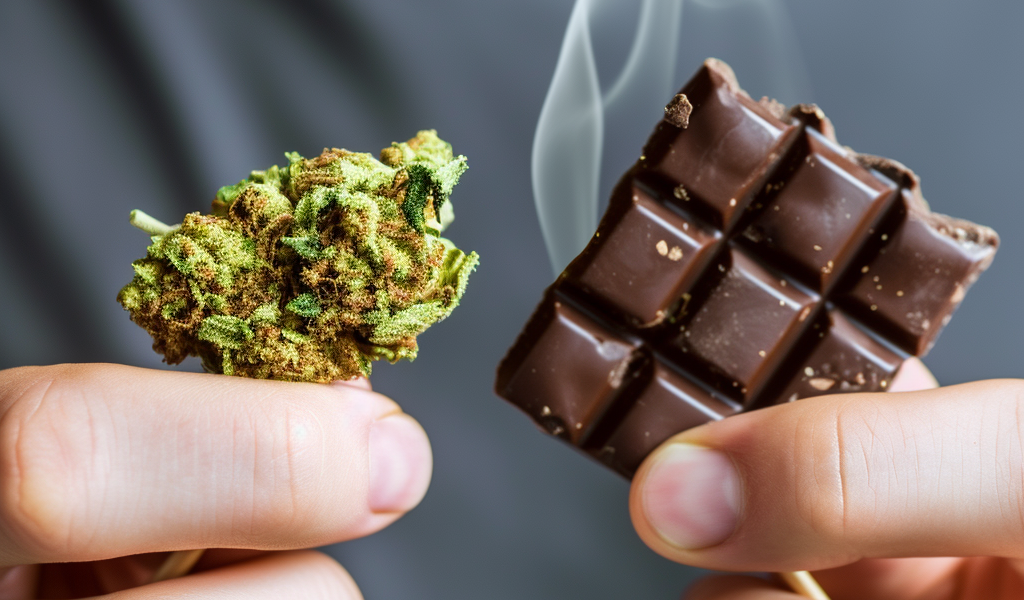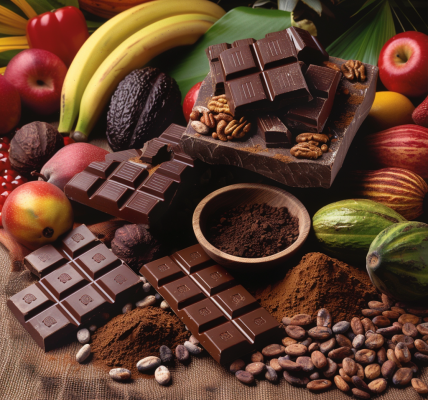Are Edibles Safer Than Smoking?
The debate over the health risks of cannabis consumption continues to evolve as the popularity of edibles rises. Cannabis-infused products such as chocolates and gummies are being promoted as a healthier alternative to traditional smoking methods. However, the comparison between edibles and smoking is not straightforward, and research on their respective health effects is limited.
According to Ryan Vandrey, a professor of psychiatry and behavioral sciences at Johns Hopkins Medicine, the issue is nuanced. It is not accurate to categorically state that edibles are safer than smoking, as each consumption method carries its own set of risks. The speed of onset and duration of effects, for example, differ significantly between the two methods. When smoking cannabis, the high is almost immediate and diminishes within a few hours. In contrast, edibles take longer to produce effects, with the cannabinoids traveling through the gastrointestinal tract, resulting in a delayed onset of 30 minutes to several hours. This variability in timing poses challenges in dosing and predicting the effects of edibles.
Dr. Daniel Barrus, a pharmacologist at the nonprofit research organization RTI International, highlights the difficulty in gauging the effects of edibles due to the diverse factors influencing their onset. Additionally, Dr. Collin Reiff, a clinical assistant professor of psychiatry at the N.Y.U. Grossman School of Medicine, emphasizes that stomach contents can further impact the speed at which edibles take effect, leading to inconsistencies even among experienced users.
With the legalization of recreational marijuana in several states, the landscape of cannabis consumption is evolving. As consumers increasingly explore edibles as an alternative to smoking, the need for comprehensive research on their health effects becomes more pressing. The current understanding of the comparative risks between edibles and smoking is primarily based on limited data, anecdotes, and insights from researchers and clinicians. The complex nature of this issue underscores the importance of continued investigation into the health implications of different cannabis consumption methods.





